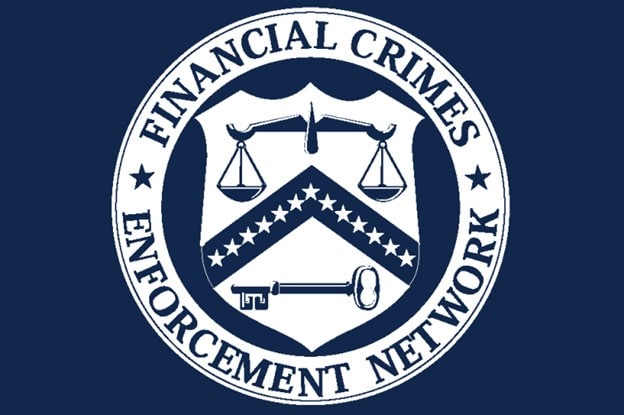MANY of you have asked us what the new European AML regime means for transparency around foreign legal entities and trusts.
We posed the question to the Deputy Director General of the European Commission’s financial services directorate Alexandra Jour Schroeder.
Q. Alexandra, what changes does the new AML Package bring to the transparency of beneficial ownership, particularly relating to foreign legal entities and trusts?
A. The AML regulation aims to make the EU rules on beneficial ownership more harmonised and transparent. The two components of beneficial ownership – ownership and control – will need to be analysed in order to identify all the beneficial owners of a legal entity or legal arrangement. The agreement sets the beneficial ownership threshold at 25%.
For the registration of the beneficial ownership information of foreign legal entities a risk-based approach is applied. Foreign legal entities must register their beneficial owners when entering into business relationships with obliged entities only in situations associated with higher money laundering or terrorist financing risks.
For foreign trusts, they must register that information when they enter into a business relationship with an obliged entity, regardless of the risk level of the relationship. This replicates existing requirements under the current Directive and reflects the difficulties for competent authorities to access information on trusts administered outside the Union.
The Directive also provides new measures to ensure the accuracy of the information in the beneficial ownership registers. The information submitted to the central register will have to be verified and the entities in charge of the registers are empowered to carry out inspections at the premises of legal entities registered in case of doubts regarding the accuracy of the information which they hold.
The Directive also provides that relevant real estate information is accessible to competent authorities through a single access point in order to facilitate investigations into criminal schemes involving real estate.








